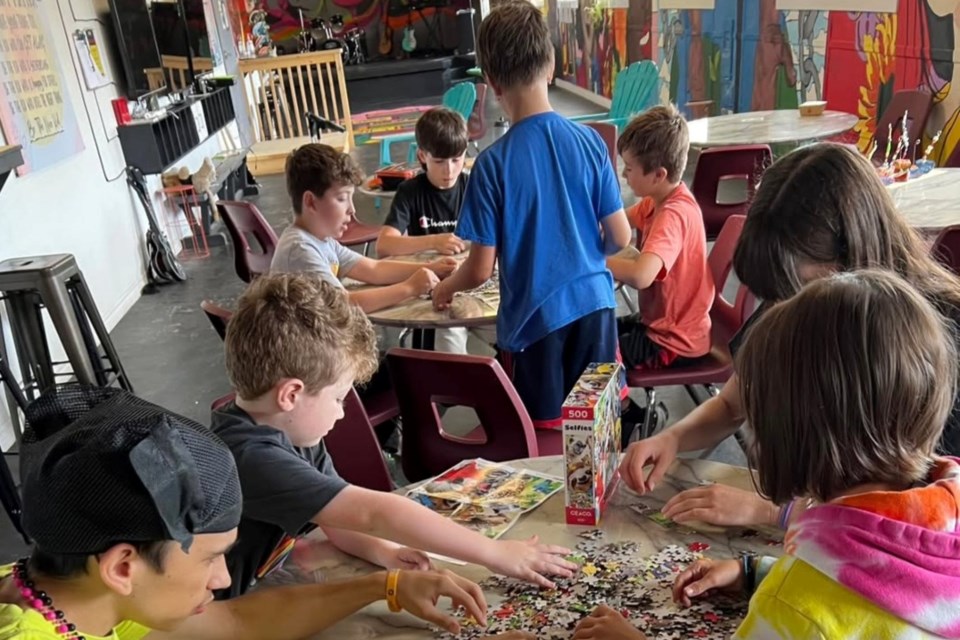Hands theFamilyHelpNetwork.ca and OUTLoud are working together to help remove barriers to mental health care by bringing support directly to youth in a safe and comfortable environment.
A qualified crisis worker from the Hands Child and Youth Mental Health team will be on-site at OUTLoud every Wednesday evening to work with the space's youth members.
“Mental health supports have always been important at OUTLoud and having a trained and experienced crisis worker on-site is incredibly valuable for our members,” said Seth Compton, executive director and founder of OUTLoud. “We have made a lot of progress as a society, but unfortunately a lot of stigma still remains connected to sexual orientation and accessing mental health support. It is wonderful to have Hands’ expertise easily available and scheduled so kids can build relationships and access support in a space they feel comfortable and safe to explore their feelings.”
“Effective support starts with reducing the burden on youth to seek help and instead focuses on delivering services in spaces where they feel comfortable and accepted,” said Jennifer Moore, director of child and youth mental health at Hands.
Statistics from Child and Youth Mental Health Ontario demonstrate the crisis that currently exists:
- 62% of Ontario youth report ever having had concerns about their level of anxiety; only 3 in 10 (32%) have spoken to a mental health care professional about anxiety
- As many as 1 in 5 children and youth in Ontario will experience some form of mental health problem and 5 out of 6 of those kids will not receive the treatment they need
- 28% of students report not knowing where to turn when they want to talk to someone about mental health
- Canada’s youth suicide rate is the third highest in the industrialized world
- LGBTQ youth face approximately 14 times the risk of suicide and substance abuse than heterosexual peers
“We know many young people face difficulties accessing mental health supports for a variety of reasons. It can be a challenging and complex system to navigate, there is still stigma, and there may be transportation concerns or a lack of familiarity or trust with traditional care settings. Meeting youth where they are, both physically and emotionally, is a fantastic way to reduce barriers and ensure these young persons can get mental health support,” said Moore.



